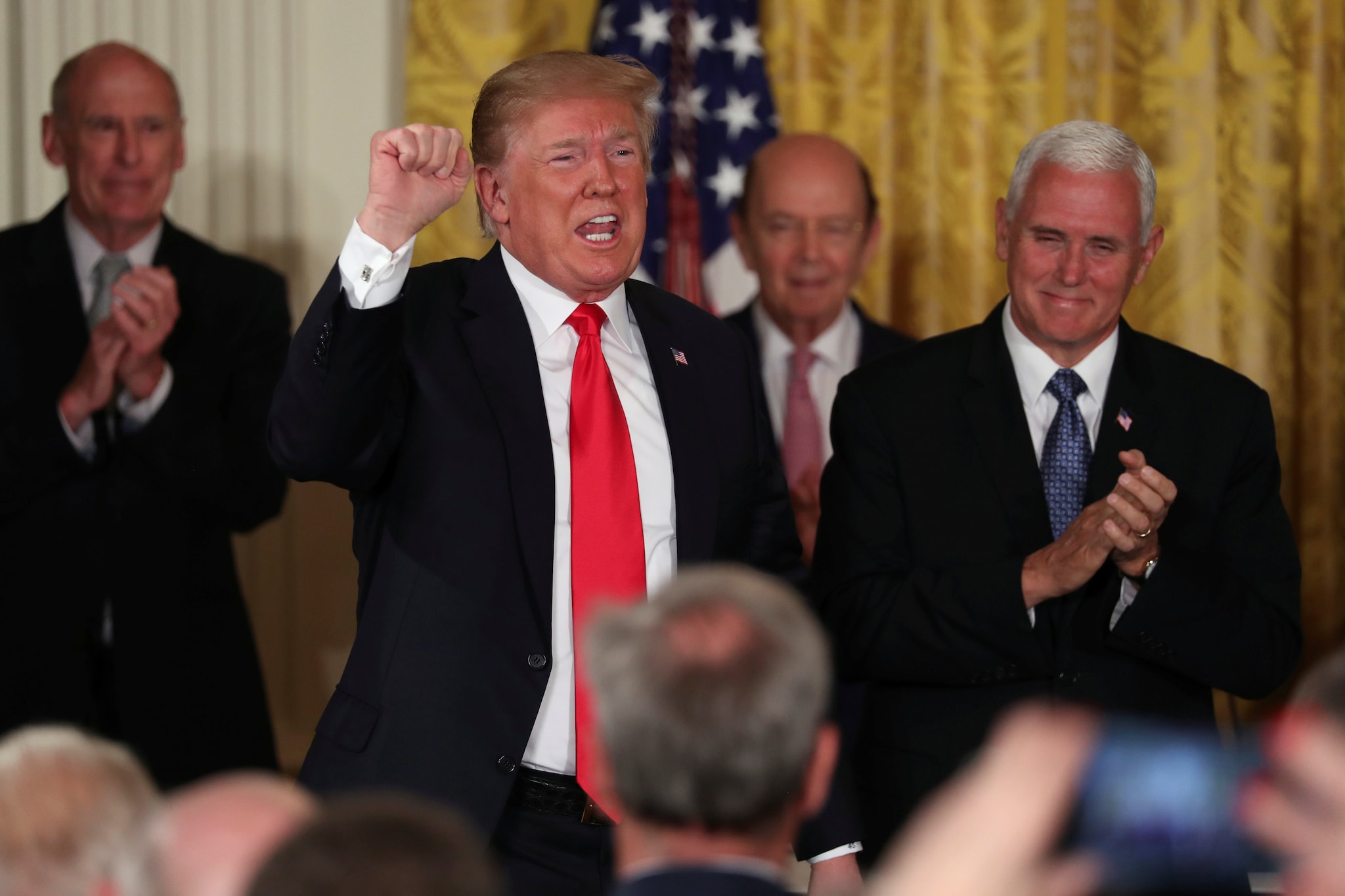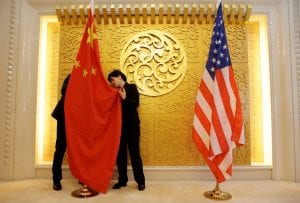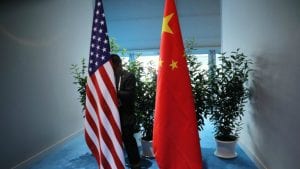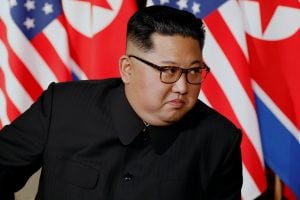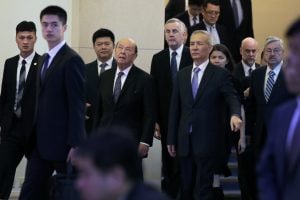India ships more cotton to China as 25 percent tax spoils US supply
Summary
India’s cotton shipments to China could grow five-fold to 5 million bales (850,000 tonnes) in the next crop year as exporters rack up orders amid a trade war that is forcing the world’s top consumer to look for other sources of supply.
India‘s cotton shipments to China could grow five-fold to 5 million bales (850,000 tonnes) in the next crop year as exporters rack up orders amid a trade war that is forcing the world’s top consumer to look for other sources of supply.
The United States, the world’s biggest exporter of the fibre, has cornered the bulk of Chinese imports for at least a decade. But China‘s decision to impose a 25 percent import tax from July 6 on American farm commodities, including on cotton, in retaliation for tariffs enacted by the administration of US President Donald Trump will allow India to grab a bigger share of the Chinese market.
“In the last few weeks we are getting good inquiries from China for the new season crop,” said Arun Sekhsaria, managing director of D. D. Cotton, an exporter that earlier this month sold cotton to China for shipments in November and December.
“If the 25 percent duty stays there as announced, then India could export 5 million bales to China,” he said.
India has already signed contracts to ship 500,000 bales (85,000 tonnes) of their new season harvest to China, officials said last week, in rare advance deals.
In response to US tariffs on $50 billion in Chinese goods, Beijing slapped import taxes on cotton, as well as on other commodities and products from the United States, even as its own state reserves of the fibre are depleting.
“Everybody is worried about the trade war nowadays so everyone is switching from the US to other origins,” said a Chinese trader.
Once the world’s top cotton importer, China has seen its imports shrink from more than 5 million tonnes in 2011/12 to around 1 million tonnes last year, mainly due to efforts to reduce its state stockpiles.
But, as the inventories work down, China has begun allowing more imports. Last week, China approved 800,000 tonnes of additional cotton import quotas for 2018, the first time it has given any additional quota in five years.
China is set to return as a major cotton importer, taking 10 million to 15 million bales (2 million to 3 million tonnes) a year by 2019/20, compared with 5 million bales this year, according to Tim Bourgois, head of the cotton platform at Louis Dreyfus Company.
“Chinese demand is huge. This is an opportunity for India to raise exports,” said Atul Ganatra, president of the Cotton Association of India.
Strong demand from China could help lift India‘s overall exports to as much as 10 million bales in 2018/19, highest in five years, as demand from traditional buyers like Bangladesh, Vietnam and Pakistan also remains healthy, said Ganatra.
For the 2017/18 crop year ending on Sept. 30, India is likely to export around 1 million bales to China, Ganatra said.
Quality Concerns
Chinese buyers would first try to replace US cotton with machine-picked, non-contaminated fibre from Australia and Brazil, and then they would go for Indian cotton, said a Beijing-based trader with an international company.
Indian cotton is not free of impurities such as bits of leaves and empty bolls, but if buyers have no other origin to choose from, they will pay extra to get rid of the contaminants, another China-based trader said. The extra cost would still be cheaper than paying a 25 percent duty on U.S. cotton imports, the trader said.
China is familiar with Indian cotton, and previously would buy as much as 6 million bales a year, said Nayan Mirani, partner at cotton exporter Khimji Visram & Sons.
At present, India also benefits from a depreciating rupee and nearness to China as compared with other competitors.
Along with lower freight rates, shipments from India reach China in about two weeks compared to an average of three to six weeks from other producers Australia and Brazil, dealers said.
“India will benefit not only because of the tariffs, but because emerging nations’ currencies have generally lost value against the dollar in the last couple of months,” said Gabriel Crivorot, an analyst at Societe Generale in New York.
“This makes Indian cotton look much more attractive than it did a short while ago, relative to American cotton.”
US cotton futures have lost 9 percent since the China duty was announced on Friday, while Indian cotton futures have dropped 4 percent.
Indian exports would largely depend on surplus output, said Vinay Kotak, a director at Kotak Commodities, a Mumbai-based brokerage.
“If India manages to produce a bigger surplus, then it can certainly export more as the demand is there.”

Elon Musk forms several ‘X Holdings’ companies to fund potential Twitter buyout
3 Mins Read
Thursday’s filing dispelled some doubts, though Musk still has work to do. He and his advisers will spend the coming days vetting potential investors for the equity portion of his offer, according to people familiar with the matter









 Listen to the Article
Listen to the Article  Daily Newsletter
Daily Newsletter





